-
A Cambridge professor says firms aren’t cutting because of AI but because they’re frozen by fear.
-
Thomas Roulet said “high level of uncertainty” is driving firms away from making “any” HR decisions.
-
He warned that corporate indecision could quietly stall career growth and mobility.
Companies blaming generative AI for layoffs may be missing the real story.
Thomas Roulet, a professor of organizational sociology and leadership at the University of Cambridge, said in a LinkedIn post on Sunday that while firms, especially in tech and professional services, are pointing to generative AI as the reason for a recent spate of job cuts, the real driver is fear of making the wrong move.
“We hear a lot about firms laying off workers while blaming GenAI,” he wrote, “but the broader perspective is that firms are reluctant to make any HR decisions with such a high level of uncertainty.”
That hesitation, he added, could have long-term effects on how workers build wealth.
“It will also certainly affect career mobility, which is an important aspect of human capital development,” he said.
Thomas Roulet didn’t immediately respond to Business Insider’s request for further comment.
Roulet’s comments come as companies across industries, especially in tech and professional services, are offering starkly different rationales for layoffs.
At AI-first shops, cuts are framed as retooling for AI.
Elon Musk’s xAI shrank its generalist data-annotation ranks by a third while “surging” specialist AI tutor roles by 10 times to train Grok, while Snorkel AI trimmed 13% of its employees as it “deprioritized some legacy areas” and protected most AI jobs.
Big Tech, meanwhile, often pairs reductions with an AI pivot or discipline push.
Microsoft and Salesforce cut staff while hiring for AI-focused products; Meta is explicitly “raising the bar on performance” and moving out what it called “low performers,” while Workday and HPE say reductions align cost structures with an AI-centric strategy.
By contrast, some professional-services firms cite workforce dynamics rather than tech.
PwC laid off about 2% of its US workforce in May due to “historically low” attrition, which leaves too few natural exits.
And in the AI infrastructure and data-labeling niche, Scale AI‘s cuts were tied to overhiring, profitability, and shifting customer dynamics.
Read the original article on Business Insider
-
A Cambridge professor says firms aren’t cutting because of AI but because they’re frozen by fear.
-
Thomas Roulet said “high level of uncertainty” is driving firms away from making “any” HR decisions.
-
He warned that corporate indecision could quietly stall career growth and mobility.
Companies blaming generative AI for layoffs may be missing the real story.
Thomas Roulet, a professor of organizational sociology and leadership at the University of Cambridge, said in a LinkedIn post on Sunday that while firms, especially in tech and professional services, are pointing to generative AI as the reason for a recent spate of job cuts, the real driver is fear of making the wrong move.
“We hear a lot about firms laying off workers while blaming GenAI,” he wrote, “but the broader perspective is that firms are reluctant to make any HR decisions with such a high level of uncertainty.”
That hesitation, he added, could have long-term effects on how workers build wealth.
“It will also certainly affect career mobility, which is an important aspect of human capital development,” he said.
Thomas Roulet didn’t immediately respond to Business Insider’s request for further comment.
Roulet’s comments come as companies across industries, especially in tech and professional services, are offering starkly different rationales for layoffs.
At AI-first shops, cuts are framed as retooling for AI.
Elon Musk’s xAI shrank its generalist data-annotation ranks by a third while “surging” specialist AI tutor roles by 10 times to train Grok, while Snorkel AI trimmed 13% of its employees as it “deprioritized some legacy areas” and protected most AI jobs.
Big Tech, meanwhile, often pairs reductions with an AI pivot or discipline push.
Microsoft and Salesforce cut staff while hiring for AI-focused products; Meta is explicitly “raising the bar on performance” and moving out what it called “low performers,” while Workday and HPE say reductions align cost structures with an AI-centric strategy.
By contrast, some professional-services firms cite workforce dynamics rather than tech.
PwC laid off about 2% of its US workforce in May due to “historically low” attrition, which leaves too few natural exits.
And in the AI infrastructure and data-labeling niche, Scale AI‘s cuts were tied to overhiring, profitability, and shifting customer dynamics.
Read the original article on Business Insider



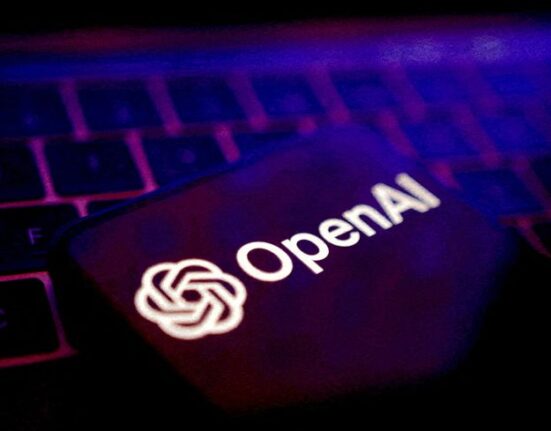
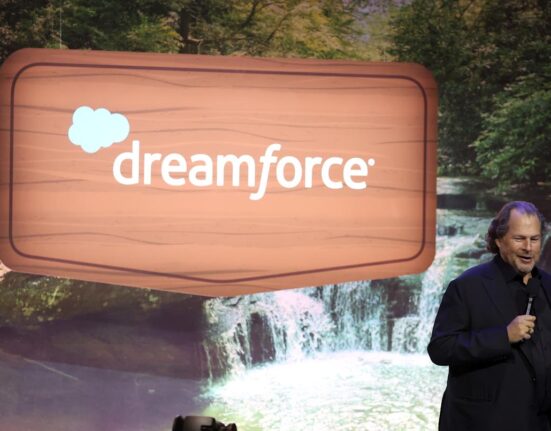


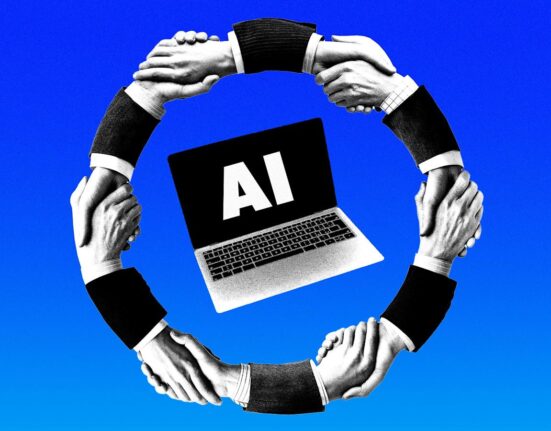
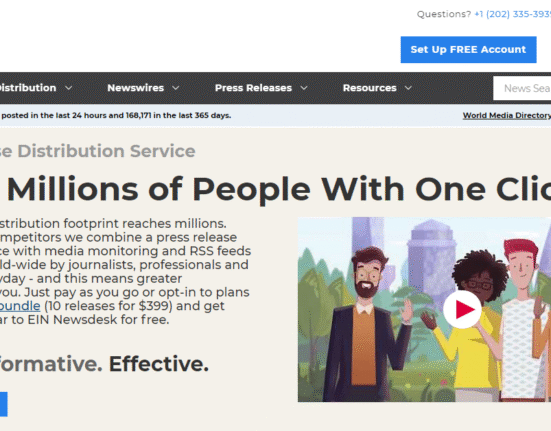

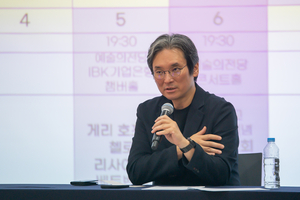

Leave feedback about this